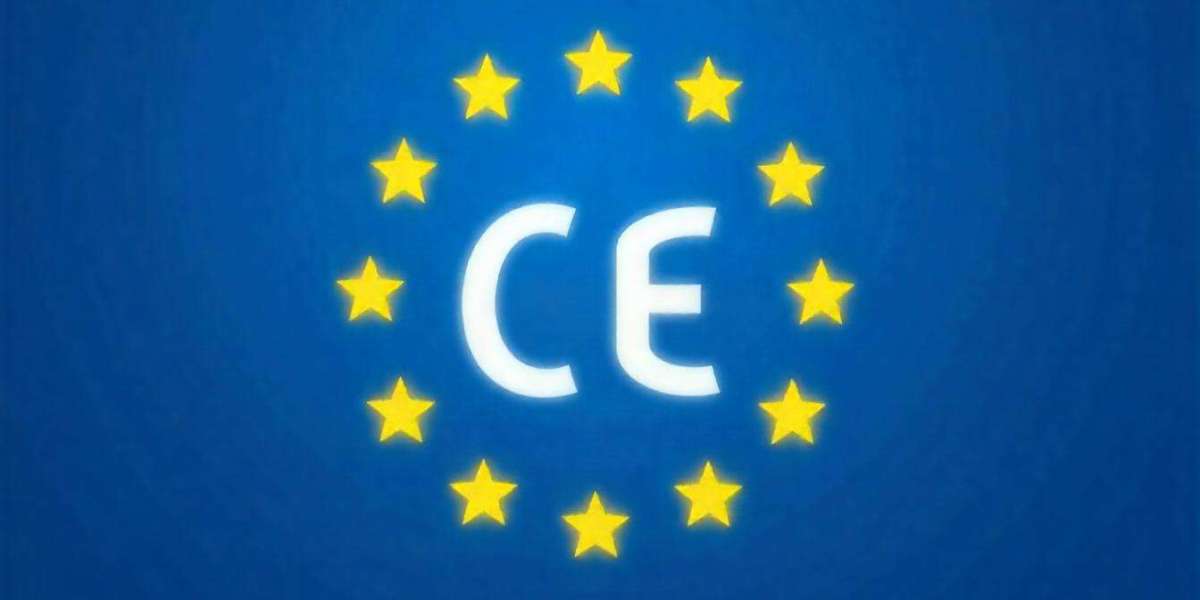When it comes to selling products in Europe, CE Certification isn’t optional—it’s essential. This mark signifies that your product meets EU safety, health, and environmental protection standards. Whether you manufacture electronics, machinery, or toys, CE marking is your gateway to accessing 30+ countries in the European Economic Area (EEA). Here’s a quick breakdown of what CE Certification means and why it matters for your business.
What Is CE Certification?
CE (Conformité Européenne) Certification indicates that a product complies with all relevant European directives and regulations. It’s not a quality mark, but a mandatory legal requirement for specific product categories. Products bearing the CE mark can move freely within the EU without modification, inspection, or restriction. Essentially, it shows that the manufacturer takes full responsibility for the product’s compliance.
Who Needs CE Certification?
Manufacturers, authorized representatives, and importers dealing with products like electronics, construction materials, medical devices, and machinery need CE Certification before placing them on the EU market. Even non-EU businesses must obtain CE marking if they intend to sell in Europe, making it crucial for global expansion strategies.
Key Benefits of CE Certification
Gaining CE Certification gives your product a competitive edge by signaling regulatory compliance and safety assurance. It also boosts consumer trust, enhances brand credibility, and opens access to the massive EU market. Plus, once your product is CE marked, you don’t need separate certifications for each European country—saving time and money.
Steps to Achieve CE Certification
The certification process involves several steps: identifying applicable EU directives, ensuring product conformity through testing or risk assessments, compiling technical documentation, and preparing a Declaration of Conformity. In some cases, a notified body must be involved to verify compliance. Once complete, you can affix the CE mark to your product confidently.
Final Thoughts
CE Certification isn’t just about regulatory compliance—it’s about opportunity. By aligning your product with European standards, you unlock a marketplace of over 500 million consumers and establish your brand as a reliable player in global trade. So, whether you’re launching a new innovation or expanding overseas, CE marking is your first step toward European success.








